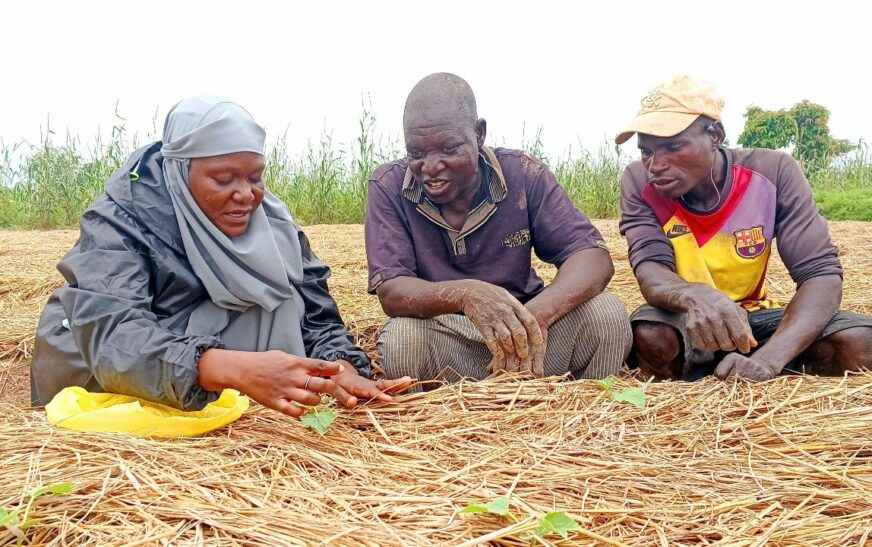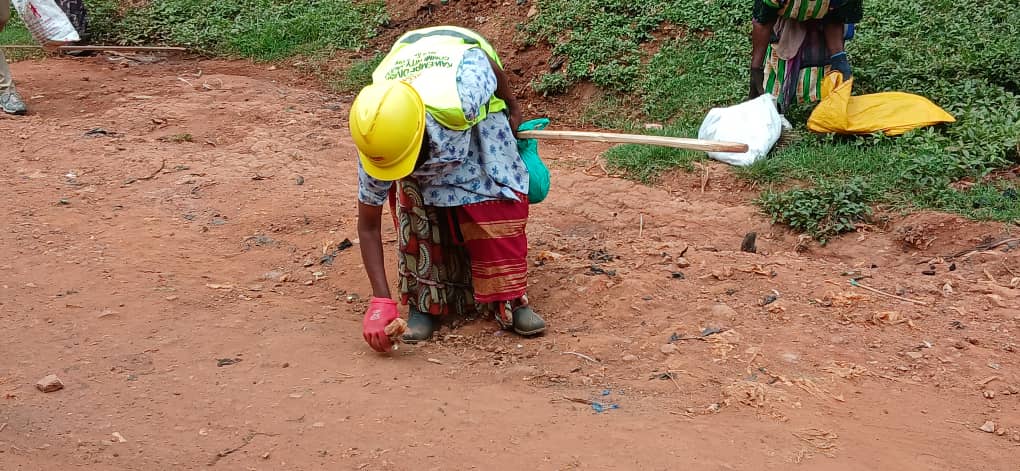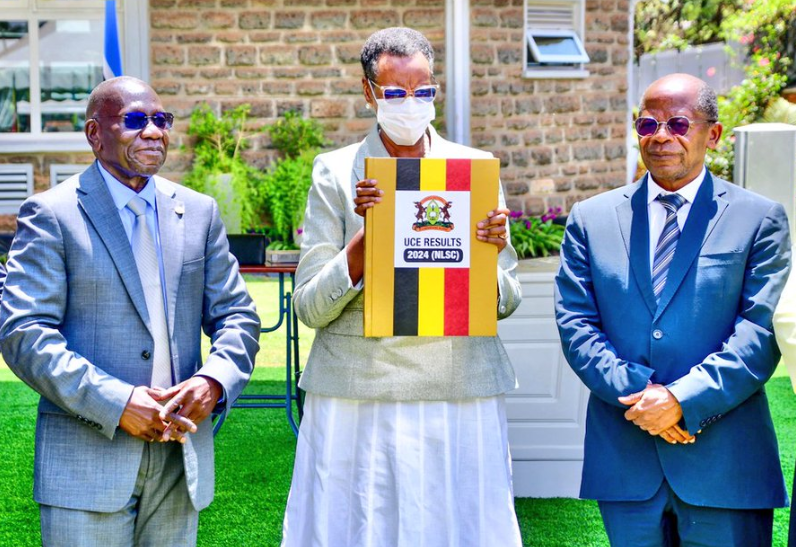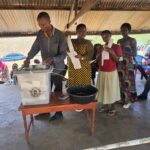East-West Seed, a global leader in vegetable seed innovation, is expanding its efforts to support smallholder farmers in Sahel and West Africa by introducing climate-smart vegetable seeds designed to withstand erratic weather, safeguard yields, and improve nutrition.
With 22 research and development centers across nine countries including Benin and Tanzania, the company continues to tailor vegetable varieties to local climates and the diverse agroecological zones of Africa.
In Uganda, East-West Seed’s long-standing commitment is reflected in the actions of its founder, Simon Groot, who won the 2019 World Food Prize. Groot dedicated his prize money over US$250,000 to developing the pumpkin sector, demonstrating the company’s vision for climate-resilient, nutritious food systems in East Africa.
Through its non-profit arm, the East-West Seed Knowledge Transfer Foundation (EWS-KT), the company equips farmers with practical skills in good agricultural practices, market access, and agribusiness management. EWS-KT operates in Nigeria, Ghana, Uganda, Tanzania, and South Sudan, reaching thousands of smallholders annually, with more than 50% of its funding sourced from external partners — enabling continued growth and impact across the continent.
Currently, East-West Seed is rolling out hybrid, climate-resilient varieties of tomato, okra, and amaranth vegetables bred for short growing cycles, heat tolerance, and disease resistance. These seeds offer farmers especially the increasing number of youth entering agriculture — greater crop reliability and protection against environmental stress.
“Vegetables are a fast track to better nutrition, incomes, and climate resilience,” said Pamela Afokpe, East-West Seed spokesperson in Benin. “When farmers have access to seeds that mature quickly, withstand heat, and resist disease, they can plan with confidence and invest in the future of their farms and families.”
The company is also advancing lesser-known but high-potential crops. In Benin, researchers are improving Gboma, an African leafy vegetable known for its nutritional value and resilience. Meanwhile, pumpkin recognized for its drought tolerance and high nutrient content is being promoted as a promising commercial crop in both East and West Africa.
In the Sahel region and dryland zones of Northern Ghana, Northern Nigeria, and beyond, smallholder farmers are grappling with unpredictable rainfall and declining yields. East-West Seed’s climate-adapted varieties, combined with its knowledge transfer programs, are helping these communities build resilience and strengthen food security.
With over 650 seed varieties across 80 crops and decades of breeding experience for tropical climates, East-West Seed is aligning its work with Africa’s urgent need for climate-resilient agriculture. The company employs more than 2,800 people and has gained international recognition ranked No. 1 in the Access to Seeds Index, and featured twice on the Fortune Change the World List (2020 and 2024).
Its foundation, EWS-KT, has trained nearly 1 million farmers across Africa and Asia, marking a significant contribution to sustainable agriculture and smallholder empowerment.



















